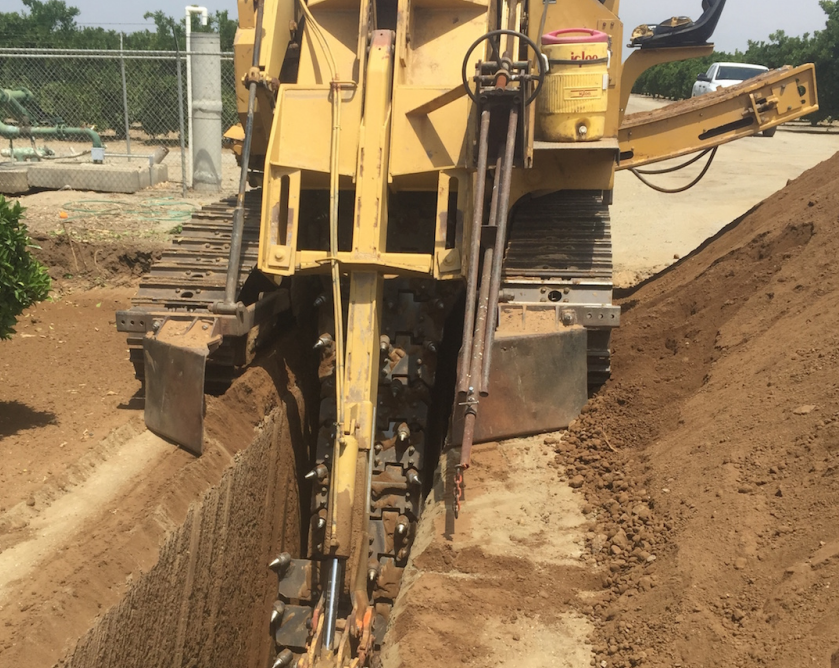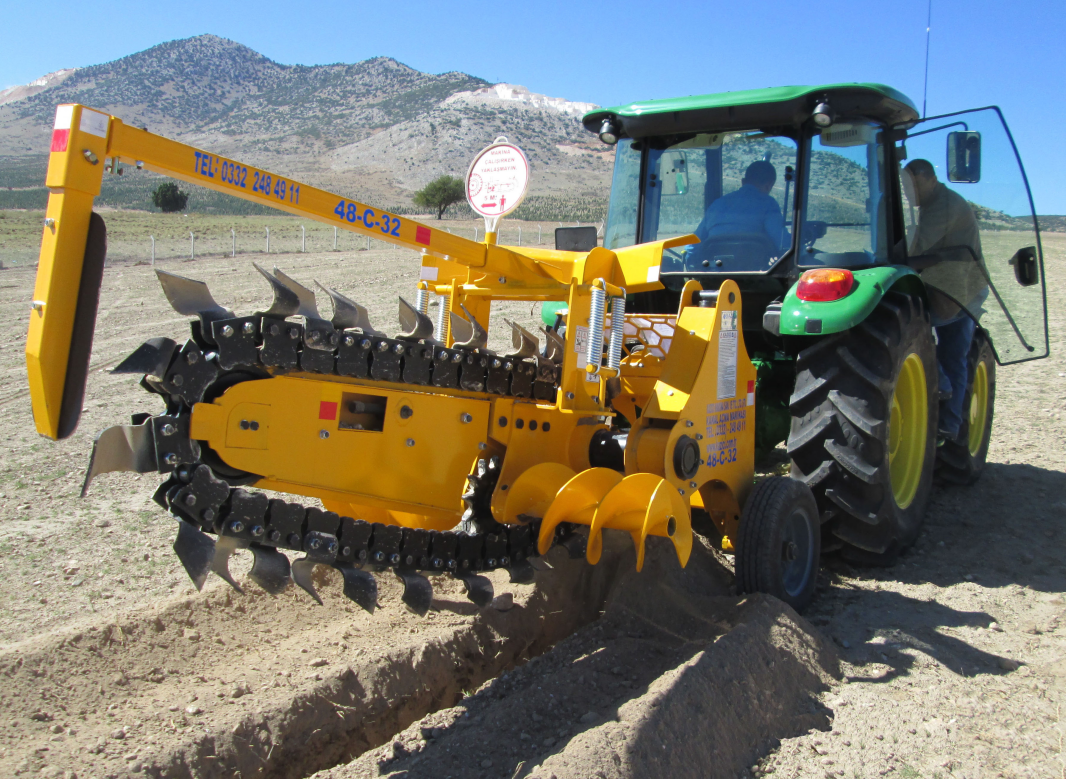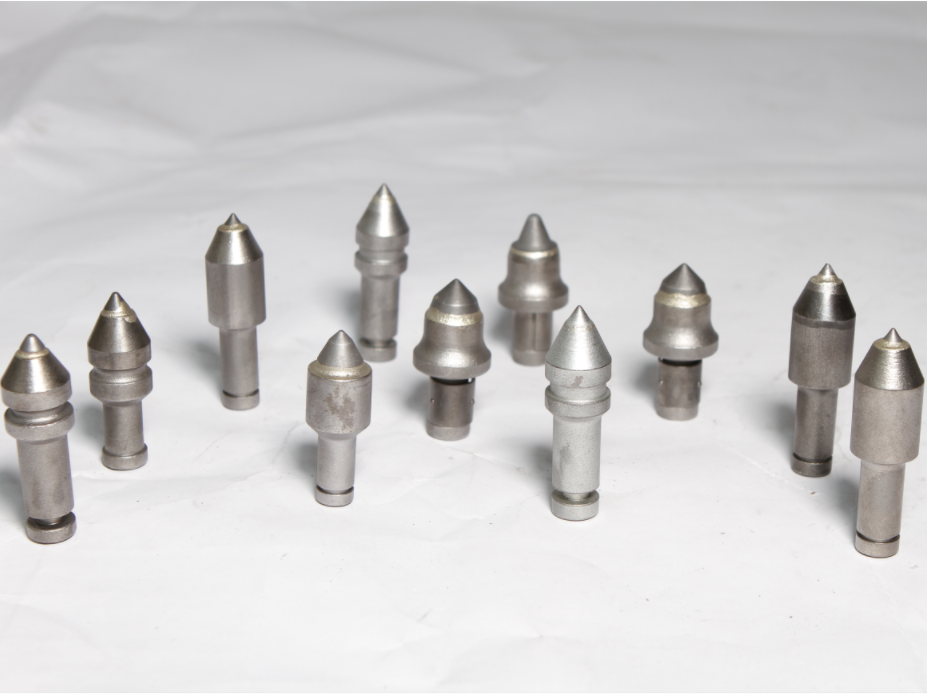Trenching Tools & Trencher Wear Parts
Trenching Tools, Trencher Wear Parts,Trencher teeth are essential wear parts of trenching equipment. As a critical part, It must be designed and manufactured to withstand the harsh conditions of trenching.
BAUSDE Machinery offer a range of high-quality trencher teeth designed to handle different soil conditions and trenching applications. Whether you need trencher teeth for your walk-behind trencher, tractor-mounted trencher, or rock trencher, we have the right products to suit your needs.
JYF Machinery manufactures wear-resistant and related accessories for all types of trenching equipment. We have cup cutter, carbide trencher teeth, shark teeth, pocket, trencher chain, etc., suitable for trenchers of Ditch Witch, Case, Astec, Vermeer, Bobcat, Davis, Lowe, Barreto, and many other brands.
Wheel Trencher
Uses a toothed metal wheel that can cut through rocks

Chain trencher
Has a chainsaw-like design best for digging narrow and deep trenches
Micro Trencher
Uses a thin metal blade for cutting “micro trenches” from 0.5 to 2 inches wide, such as to lay fiber optic cable
How to find the right trenching tools
It seems much important to find the right trnching tools for your project. Heavy equipment tools like trenchers are ideal for larger trenches or rocky terrain, but shovels and other hand tools can better suit smaller trenches. Trenches can vary in size based on the job and require different tools.
Different trenching wear parts are suitable for different trancher machines, before your project, you need to know the following things cearly:
How deep and wide will you trenching?First, evaluate your trench needs. With boom length options ranging from 12” to 48” and 4” to 8” chain widths, you can narrow your selection considerably. Applications vary from irrigation to electrical, so while you may think that a larger machine will accomplish it all, sometimes you can end up cutting too deep into your budget and paying too much if it’s only used for smaller applications.At the same time, selecting a machine that is too small has its own negative repercussions. A machine that’s working too hard will create more work for the user and lack overall efficiency, leading to extended time on the job site.
Where will you trenching?It’s important to take your work site into consideration. You don’t want to unload your trencher, and gear up for the task at hand, only to find out that the machine doesn’t fit. Now you’re likely out time and money. For example, if you’re trenching for a sprinkler system in a small fenced yard, you are going to want a smaller machine with more maneuverability. Accordingly, in a wider, open area with minimal obstacles, you are free to maneuver a larger machine.
What are the ground conditions?Ground conditions are extremely important. Choosing the correct horsepower, chain type, and drive system can all be affected by the conditions you will be working in. Dry, loose, or loamy soil will require a less aggressive chain and less horsepower. Whereas clay, hard, or rocky soil call for a machine with more horsepower, and possibly a more aggressive chain, to trench efficiently.There are several resources on the web to determine your soil type, including this article from Gardener’s Supply Company, “Sand? Clay? Loam?
What Type of Soil Do You Have?
Soil texture defined, plus a simple DIY soil test”, and this one from Lawn & Order Landscaping, “The Dirt on Soil Types”.Weather can also be a contributing factor. Consider a recent rain – wet and muddy soil will likely complicate a job. You may consider a tracked machine for more stability and tract




